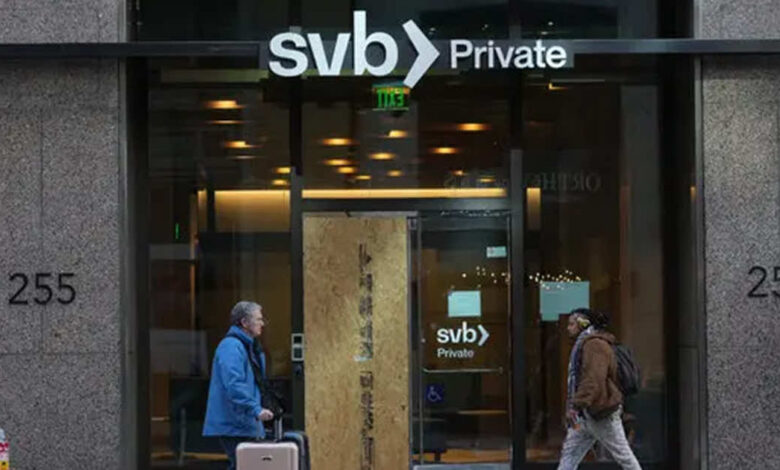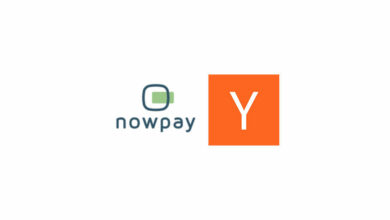From Crisis to Opportunity: Tech Industry Bands Together to Save Startups Impacted by SVB Failure

Prominent venture capitalists, technology executives, and founders of startups have been racing to save companies that have been caught up in the collapse of Silicon Valley Bank. The sudden failure of the bank on Friday, which focuses on tech startups, has left California’s tech entrepreneurs worried about how to make payroll, leading industry executives to do what they can to save small businesses from going under.
As more than 3,500 CEOs and founders representing some 220,000 workers signed a petition started by Y Combinator appealing to the U.S. Treasury Secretary Janet Yellen and others to backstop depositors and investigate any “malfeasance or mismanagement” by SVB executives, venture investors have been advising startups to seek alternatives to gain short-term liquidity. Meanwhile, OpenAI CEO Sam Altman bailed out some entrepreneurs from his pocket. Small startups have been stepping up to help others, highlighting the tech community’s willingness to support each other in times of crisis.
Over the weekend, Henrique Dubugras, co-CEO of fintech startup Brex, worked hard to provide a lifeline for startups affected by the collapse of Silicon Valley Bank.
On Friday, Brex announced an emergency credit line to help startups make payroll, which Dubugras said had attracted $1.5 billion in demand from nearly 1,000 firms by Saturday evening. Meanwhile, Aleem Mawani, founder of small company Streak, offered his funds to help other startups struggling to pay staff, saying he aimed to prioritize lending to those living paycheck to paycheck.
Petition Signed by Over 3,500 CEOs and Founders
By late Saturday, more than 3,500 CEOs and founders representing around 220,000 workers had signed a petition started by Y Combinator, which appealed directly to US Treasury Secretary Janet Yellen to backstop depositors, including many small businesses who face a risk of failing to pay their staff in the next 30 days. The petition calls for more robust regulatory oversight and capital requirements for regional banks and an investigation into any malfeasance or mismanagement by Silicon Valley Bank executives, warning that over 100,000 jobs could be at risk.
Investors Advise Startups to Seek Alternative Liquidity Sources
Venture investors have been advising startups to find alternative liquidity sources. Lowercarbon Capital, for example, has offered loans to portfolio companies that have funds stuck at Silicon Valley Bank. The firm will provide payroll support for the next two weeks and plans to wire out funds on Monday. Meanwhile, Khosla Ventures is talking to more than 100 portfolio companies, assessing their critical needs and plans to bridge where it is a lead or major investor.
Altman Offers a Lifeline to Struggling Entrepreneurs
Altman has provided a lifeline to struggling entrepreneurs like Rad AI’s Gurson. When the startup’s attempts to transfer funds out of Silicon Valley Bank failed, Gurson emailed Altman, who responded within an hour or two, offering him six figures, enough to make payroll with no strings attached. Altman said he did not view his contributions as risky, even if Silicon Valley Bank fails to find a buyer or loan, adding that “people are facing a real liquidity crunch through no fault of their own, and employees need to get paid.”
The collapse of SVB has caused many in the tech industry to call for greater regulatory oversight and capital requirements for regional banks. The petition, signed by over 3,500 CEOs and founders, seeks to ensure that depositors, many small businesses at risk of failing to pay their staff in the next 30 days, are backstopped.
With over 100,000 jobs at risk, it is essential that the tech industry comes together to find a solution. Venture investors have advised startups to seek alternatives to gain short-term liquidity, and some have already started offering loans to portfolio companies with funds stuck at SVB.
Despite the difficult circumstances, many in the industry have shown their willingness to support others. Altman’s generosity in bailing out entrepreneurs from his own pocket and Dubugras’ efforts to secure emergency credit lines for startups are just a few examples.
In times of crisis, the tech industry has historically come together to support one another. The collapse of SVB has reminded us of the importance of community and collaboration in times of need. As the industry moves forward, it is essential to remember the lessons learned and ensure that the necessary regulatory oversight is in place to prevent such events from happening again.


